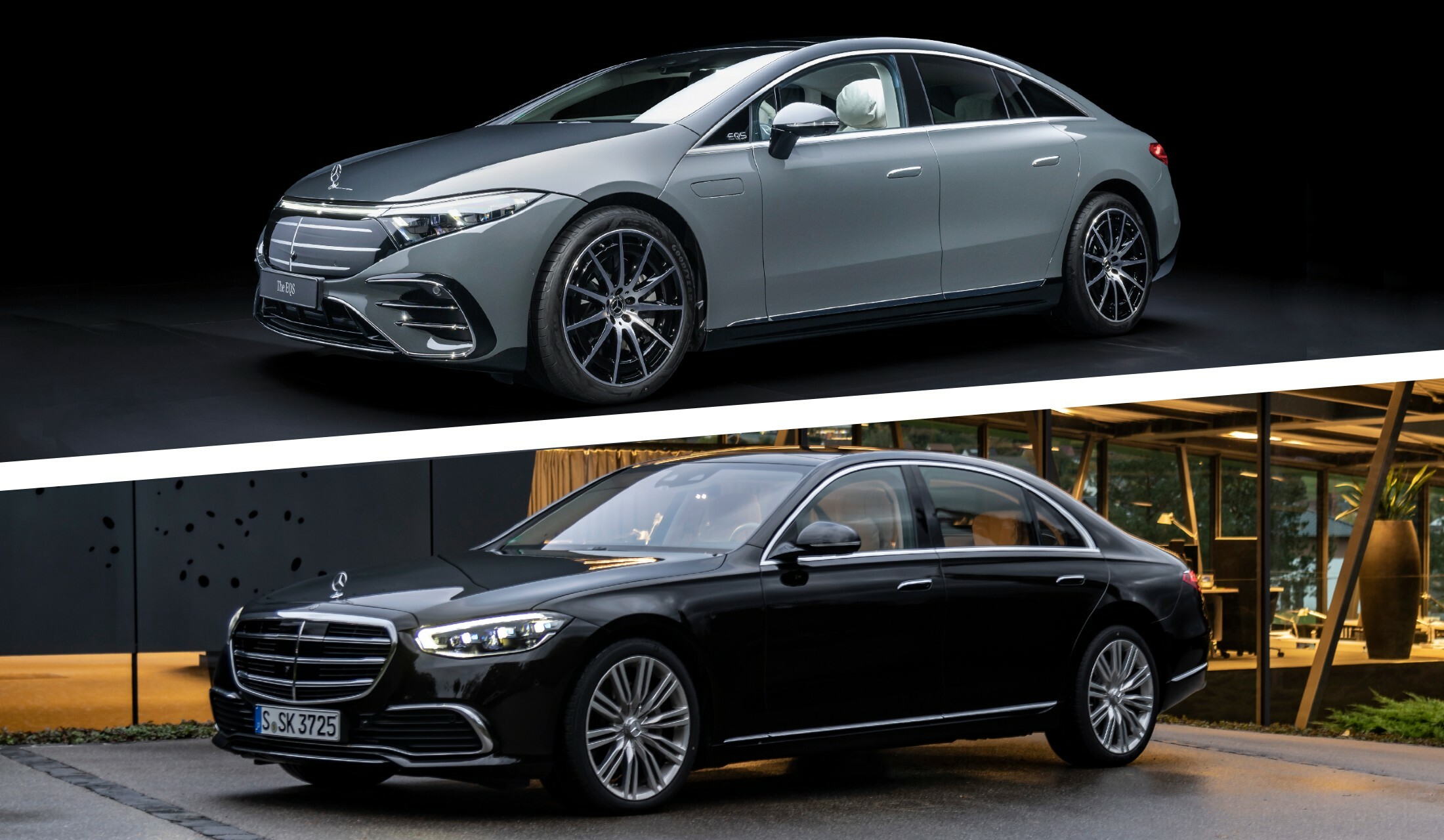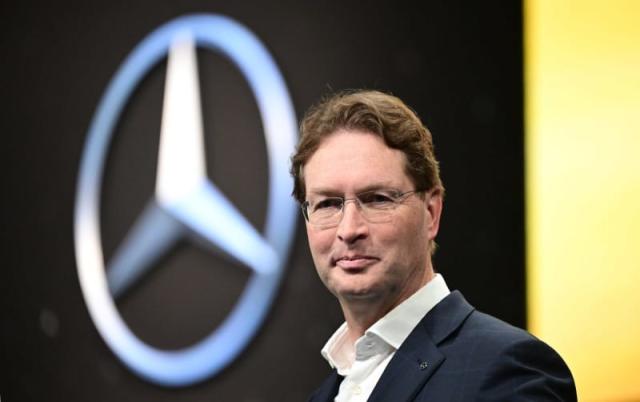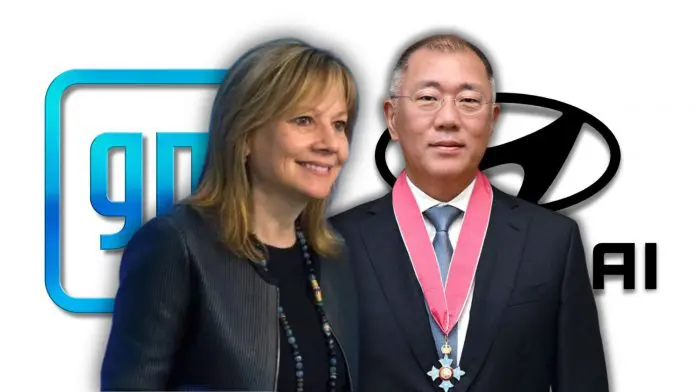
Binance Derivatives Market Share Drops to 2020 Levels Amid CEX Trading Slowdown
Business Intelligence (BI)
Zaker Adham
04 October 2024
09 July 2024
|
Zaker Adham
Summary
Summary
Mercedes-Benz is set to launch a wave of new models over the next few years, maintaining a strong focus on internal combustion engines (ICE) despite its ambitious electric vehicle (EV) goals. The company’s first generation of battery-powered cars has received a lukewarm response, prompting this strategic pivot.
Mercedes-Benz CEO Ola Källenius highlighted that while the automaker remains committed to achieving carbon neutrality by 2039, the company recognizes the continued demand for its high-tech ICE vehicles, especially among top-tier buyers. "We need flexibility for longer, until deep into the 2030s," Källenius said, emphasizing the need to keep their combustion-engine cars competitive while offering electric versions of the entire lineup within this decade.
The shift comes as Mercedes scales back its electrification plans in response to slowing EV demand. The company's EV sales dropped by 9% in the first quarter, contrasting sharply with BMW’s 82,700 units sold. The EQS, a flagship electric sedan introduced in 2021, has struggled with sales and customer acceptance, particularly in China, where design preferences differ.
Mercedes-Benz is now targeting a revised goal: achieving around 50% of its sales from electric vehicles by 2030, rather than the previously announced full shift to EVs by that year. This aligns with adjustments seen across the automotive industry, including from rivals like Audi and Jaguar Land Rover, as they navigate fluctuating EV market dynamics.

The automaker plans to enhance its current EV offerings, including a face-lifted EQS with improved back-seat comforts and the iconic three-pointed star hood ornament. Additionally, Mercedes will introduce a new generation of vehicles on updated platforms starting next year, beginning with the CLA coupe and later the GLB SUV, which will be available in both electric and combustion-engine variants.
To bolster profitability, Mercedes is focused on cost-saving measures, including potential divestments. The company may sell its remaining stake in Daimler Truck, freeing up approximately €10.5 billion. This move would add to their liquidity reserves, providing financial flexibility amidst the evolving market landscape.
Meanwhile, geopolitical factors are influencing Mercedes' strategy. The European Union is set to impose tariffs on China-made battery cars, potentially impacting models produced by the Mercedes-Geely joint venture in China. Källenius expressed concern about potential trade conflicts, emphasizing the importance of open markets for Germany’s economic stability.


Business Intelligence (BI)
Zaker Adham
04 October 2024

Business Intelligence (BI)
Zaker Adham
25 September 2024

Business Intelligence (BI)
Zaker Adham
25 September 2024

Business Intelligence (BI)
Zaker Adham
12 September 2024